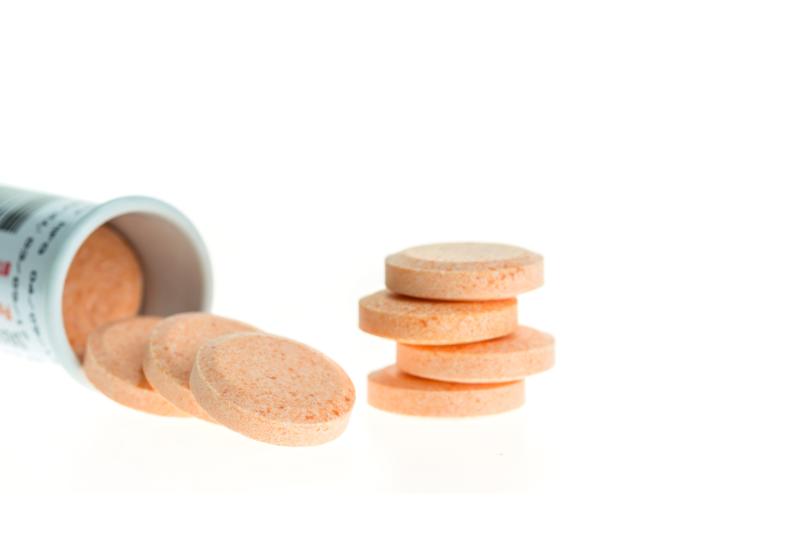
Using a commercially available zinc acetate lozenge for 5 days in the treatment of common cold does not appear to have any effect, according to a study from Finland.
A total of 253 adults who usually had ≥1 cold per winter were randomized to receive a package of zinc (13 mg) or placebo (sucrose octa-acetate) lozenges to be taken in the event of catching the common cold. The participants were instructed to take the lozenges six times daily for a maximum of 5 days.
Eighty-eight of them contracted the disease, among whom 87 (median age, 49 years; 90 percent female) were included in the primary analysis (45 in the active arm; 42 in the placebo arm). The primary outcome of recovery from the common cold during the 10-day follow-up was similar between the zinc vs placebo arms (rate ratio, 0.68, 95 percent confidence interval [CI], 0.42–1.08; p=0.10).
Likewise, the recovery rate for the two groups did not differ during the 5-day intervention, but participants who took zinc showed a significantly slower recovery than those on placebo (p=0.003).
In terms of safety, the absence of adverse effects was noted in fewer participants in the zinc arm (37 percent vs 69 percent).
The researchers acknowledged that it remains uncertain whether the null finding indicates overall lack of efficacy, the daily dose was too low, or the duration of the treatment was too short.